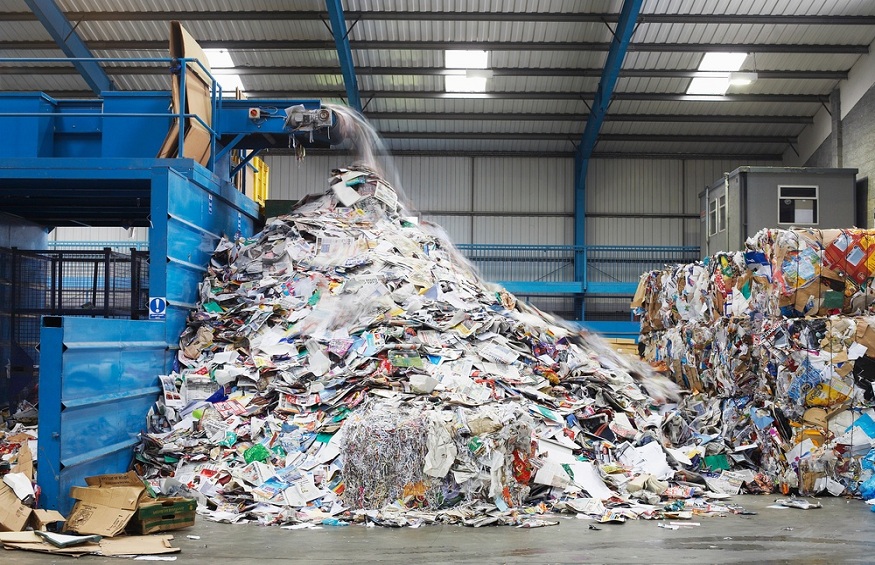As government leaders from around the world push to finalize the details on a global plastics pollution treaty, at least one corporate CEO is pushing back. Nestlé’s Mark Schneider is unwilling to let his company, or any other, shoulder all the responsibility for plastic pollution. He makes some very strong points in objecting to current plans to essentially punish corporations.
One Balkan country representative who thinks Nestlé and its counterparts should bear the brunt of the cost of cleaning up plastic waste said that “it is companies like Nestlé – not governments or consumers – who pollute and have the money to deal with it.”
The unnamed representative is right in one aspect: Nestlé does have the money to contribute to solving the problem. But she is dead wrong in her other point. That is the point the bears more discussion than anything else.
How Plastic Becomes Waste
Plastic becomes waste when it is discarded. Until then, it’s a viable material designed to do a job. Who is it that actually discards plastic? It’s not Nestlé or any other corporation. People discard plastic.
It is not Nestlé who is too lazy to walk 50 feet to a garbage can to throw a plastic water bottle in the trash receptacle. People do that. Nestlé doesn’t dump plastic off the side of a yacht into the ocean.
Nestlé and its competitors also do not run landfills. They are not the ones who run recycling programs that pick up plastic waste under the guise of environmental responsibility and still send it to landfills and incinerators anyway. Local governments do that.
Access to Cheap Consumer Goods
Not only do consumers and governments contribute their fair share to the plastic waste stream, but they also contribute to its production. Consumers want access to cheap goods. Replace plastic package with legacy packaging and costs will go up. One of the reasons plastic packaging is so popular is that it is cheap and, at least where food is conserved, it aids in preservation. Legacy materials cannot compete.
On a similar note, imagine the uproar among government officials if companies like Nestlé returned to legacy packaging and prices went up. The companies would be accused of price gouging. Government wants access to cheap goods just as much as the public. It is just that they want cheap prices for political purposes. The net effect is the same.
Pointing Fingers Is the Easy Way Out
The proposed UN treaty on plastic pollution does little more than point the finger of blame and then use that blame to extort money from corporations. It is shameful and ethically questionable. It is easy to blame corporations for all the wrong in the world. It is easy for politicians and bureaucrats to champion the cause of the people against evil business owners. But it is nothing more than grandstanding.
Real solutions require hard work. They require innovation and a willingness to live in the real world. And real solutions are possible. Look no further than industrial plastic recycling.
In Tennessee, Seraphim Plastics has built a successful business around recycling scrap industrial plastics by grinding them down and turning them into a product they can sell to manufacturers. Their process is simple and no-frills. It will never make headlines for politicians looking to score points, but it’s a process that works.
We could actually solve the problem of consumer plastic waste simply by changing the way we recycle it. We could adopt the same model Seraphim uses for industrial plastic. But that would require work and effort. It is easier to just point the finger and take money from Nestlé.

